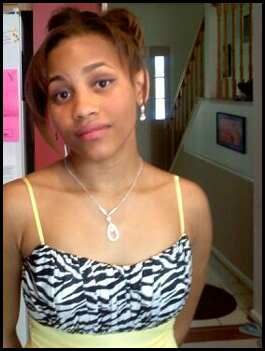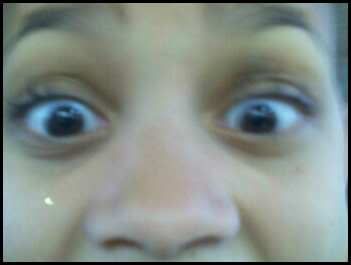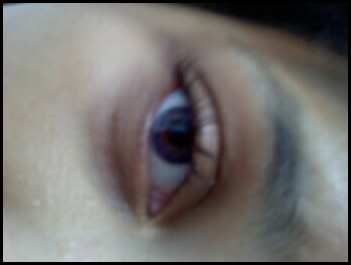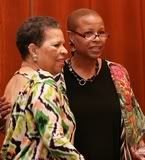My daughter Sisi is without a doubt the star of this blog... and it's time for an update into her latest foray into defining herself. We've already explored hair, makeup, contact lenses and wardrobe. What else could there be?
Diet, of course. Food, marvelous food.
Saturday morning, Sisi announced, "I've decided to become a vegan" and waited expectantly for a reaction. I've learned from hard experience that, when a reaction is "expected," it's best not to react at all. So I turned a page of the newspaper I was reading and simply said, "Okay."
"It's because I watched a video on YouTube. About animal cruelty in slaughterhouses. You want to see it?"
I already know all about it. Not so much because of YouTube, but because of Michael Pollan's excellent books, In Defense of Food, and The Onmivore's Delimma.
Pollan's eater's manifesto is simply this: "Eat food (not processed stuff), not too much, mostly plants."
Concerns about where food comes from is not new in this household. We've had a garden, frequent farmer's markets and try to buy both locally and organically raised meats. While the treatment of the animals is important, my concern has always been about the multitude of contamination streams that come with Big Food. If you've read either of Pollan's books, you know what I mean. If you haven't, you should.
My efforts at buying, cooking and serving "clean" food are the reasons that every chance she gets, Sisi begs for fast food: she's usually the first one in the household to complain about our healthy foods. I have to nag her to eat fruit. She complains that my chicken isn't "real chicken": the stuff they serve at McDonald's is "real chicken." And vegetables? Please.
I opted not to watch the YouTube video, and instead, answered her question with a question of my own:
"You do know that vegans eat mostly vegetables, right? They don't even eat eggs, or milk-- or anything that is made with them, which includes a lot of baked stuff."
Sisi frowned. "Well, you can take me to the store, and we can by some stuff especially for vegans. You know, like the mock chicken, and vegan breads and cookies and other stuff I could eat."
I tossed her a fresh peach, picked from a local farm only the day before. "That could get kind of expensive and some of those products aren't that good for you either. We'll see. For right now, here's something you can eat."
I don't know why, but she didn't seem so happy with that. But she took the peach and went back to her room. She came back an hour later with a new announcement.
"I don't think I'm going to go vegan after all," she said heading for the kitchen cabinet for a box of Ritz crackers. "I'll just be a vegetarian. That means I can eat stuff that has eggs and milk, right?"
"I guess," I replied. "But you're the vegetarian, right? You should know what you eat and what you don't."
She stuffed her mouth with crackers and left again. When we ordered Chinese food for dinner that evening, she ordered a tofu dish... and ended up eating most of my crisy eggplant instead. "The tofu tastes funny," she said. Not a good start for a growing vegetarian who will need protein, but tofu can be an acquired taste.
By Sunday morning, my vegetarian had become a pescatarian. "I eat mostly vegetables, but fish, too. We're having swordfish for dinner, right?" Sisi likes fish. So do I.
Still, I give my "pescatarian" a week (or less, depending on how soon she gets the opportunity to go to Chik Fil A). Regardless of how long this interest in food lasts, I'm pleased that she's ready to pay more attention to what she eats, where it came from and what benefits it offers nutritionally. Asking questions about food sources, learning out to prepare it in ways that are both tasty and healthy and understanding how our consumption of it impacts the environment are all worthwhile and important activities. Today's experiment might ultimately become tomorrow's lifestyle.
Until, further notice, Sisi's a pescatarian, and tonight's paella will respect the choice and feature shrimp. She may have to pick out the turkey chorizo...or not. That's up to her. I won't say a word, either way.
Array
3 years ago





